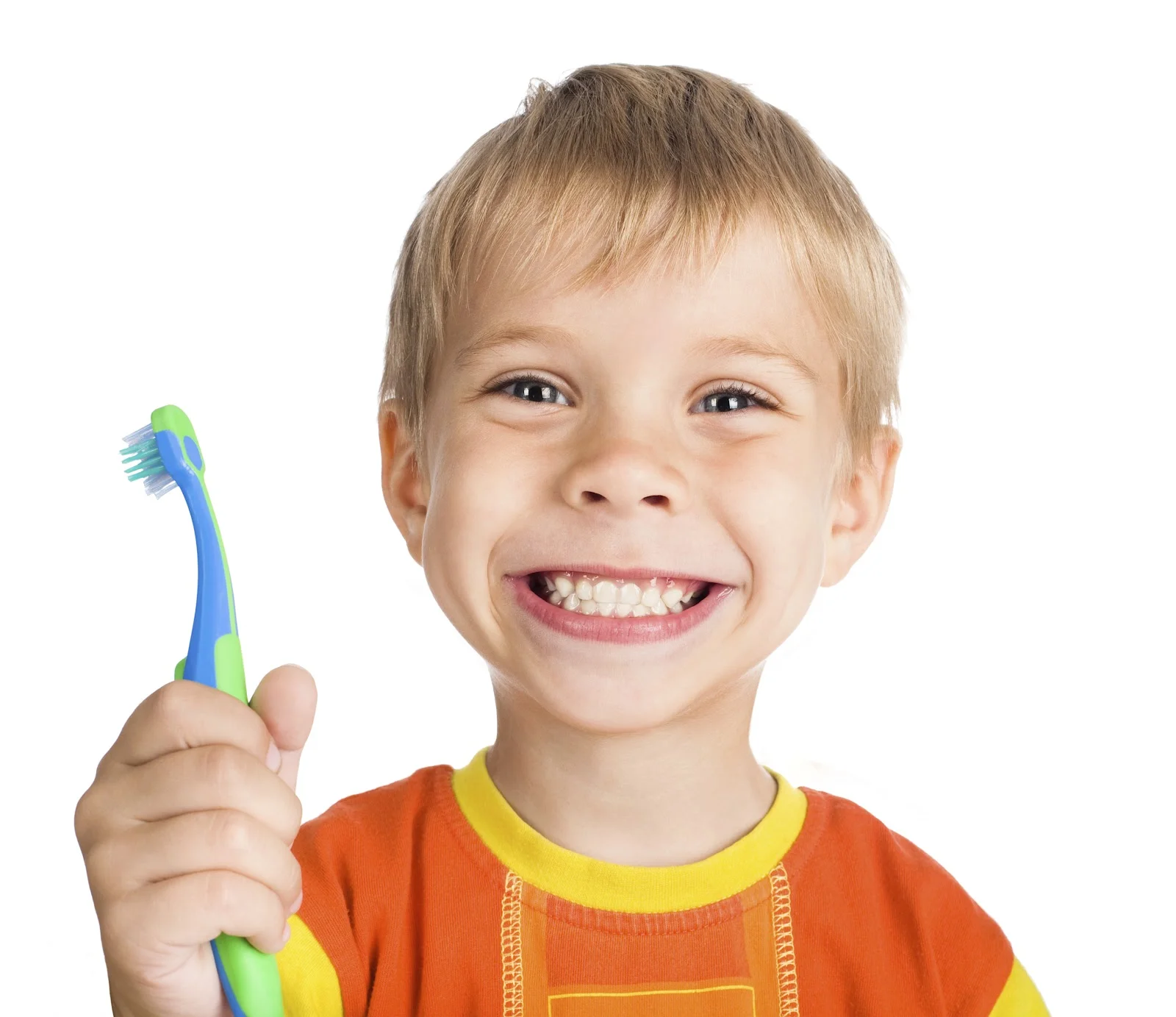Dental health is paramount at every age, but for toddlers, it’s a foundational time that can set the stage for lifelong oral health. Many parents wonder when and how to start their child’s dental care routine. This blog will provide a detailed guide on tooth care for toddlers and the best time to initiate it.
1. When to Begin?
The journey to perfect oral hygiene starts even before the first tooth appears! The American Academy of Pediatric Dentistry recommends that dental visits should begin by a child’s first birthday or within six months after the first tooth erupts, whichever comes first.
2. Cleaning Gums
Even before your baby’s first tooth emerges, it’s crucial to keep their gums clean. Using a soft, moistened washcloth or a silicone finger brush, gently wipe your baby’s gums twice a day, especially after feedings and before bedtime.
3. Brushing Baby Teeth
Once the first tooth makes its appearance (usually around 6-10 months), it’s time to introduce a soft-bristled baby toothbrush. At this stage, just water will suffice for cleaning. However, once more teeth emerge, you can start using a rice-sized smear of fluoride toothpaste. By age 3, you can increase the amount to a pea-sized dollop.
4. Technique Matters
Hold the toothbrush at a 45-degree angle against their teeth and brush in small, gentle circles, covering all surfaces of each tooth.
5. Make it a Family Affair
Kids often mimic their parents. If they see you taking care of your teeth regularly, they’ll likely want to do the same. Make brushing a family routine, making sure to keep it fun and positive!
6. Introduce Flossing
Once your toddler’s teeth start to touch, usually around age 2 to 3, it’s time to introduce flossing. It can be a bit tricky, so investing in flossers designed specifically for kids might make the process easier.
7. Avoid Sugary Foods and Drinks
Frequent exposure to sugary foods and drinks can lead to cavities. It’s best to give these treats occasionally and not as a regular part of your toddler’s diet. Ensure your child drinks plenty of water, especially if they’ve consumed something sweet.
8. Regular Dental Check-ups
As mentioned earlier, your child should have their first dental check-up by their first birthday. Regular dental check-ups every six months will ensure that any potential issues are caught early.
9. The Importance of Fluoride
Fluoride strengthens enamel, making it more resistant to decay. If your local water supply isn’t fluoridated, your dentist might recommend a fluoride supplement or application.
10. Beware of Bottle Rot
Frequent and prolonged exposure of a baby’s teeth to liquids like milk, formula, and fruit juice can cause decay. This condition, commonly called bottle rot, can be avoided by ensuring your baby doesn’t fall asleep with a bottle in their mouth.
Starting early with a dedicated tooth care routine for your toddler can prevent dental problems and instill good oral hygiene habits that last a lifetime. It’s never too early to prioritize your child’s dental health, and with the right care and attention, they can sport a healthy smile well into adulthood.



